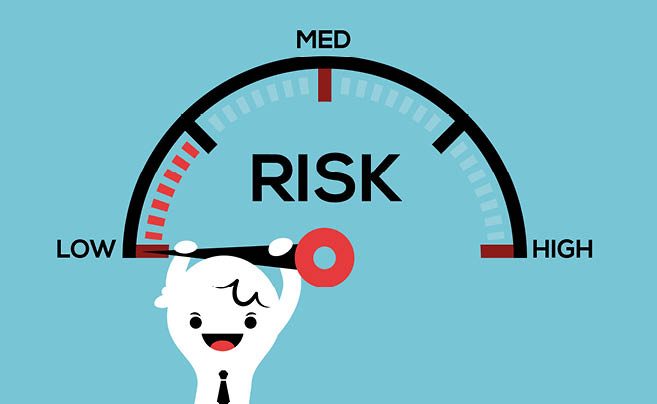There are some crises you can’t avoid—they happen to you, but these are rarer than you might expect.
Many crises, in hindsight, could have been prevented.
For the record, not every business problem is a crisis. A crisis is a situation that could severely impact the brand and company, and which requires urgent intervention at a senior level.
10 tips on how to minimise risk
- Do the right thing, in general. If you wouldn’t want your mother reading it on the front page of the newspaper, don’t do it. And, no, ignorance doesn’t really cut it.
- Do the right thing, specifically. Think about your customers, your suppliers, the environment and your staff. Pay staff the legal amount (looking at you 7Eleven); don’t sexually harass them (David Jones); abide by your agreements (CommInsure); treat suppliers fairly (Woolworths and Coles); have an ethical supply chain (Sherrin, Ripcurl); and respect the environment—we’re not talking best practice here, but legal compliance e.g. not fiddling the emissions books (Volkswagen).
- Audit the security of your IT systems and ensure password standards, firewalls, anti-virus software etc are up to scratch.
- Invest in quality control and testing—and don’t punish/kill the messenger when staff raise an issue.
- Have a process by which social media is monitored, and issues of potential serious concern handed up the line… fast.
- Think before you communicate. You need to think critically about all of your communications and whether they might legitimately offend anyone or draw ridicule/backlash. Don’t just think about the words; the visuals are important too (hellooo, #yourtaxis). Be aware that something that may not be offensive in Australia could be seen as offensive overseas. Before you call the fun police, there’s nothing wrong with being deliberately provocative or amusing, as long as you’ve fully considered and accepted the risks.
- Keep your ear to the ground. You’re less likely to be taken by surprise if you’re in tune with your industry, competitors, stakeholders and the wider economic and legislative environment.
- Enable your staff to do the right thing by having robust checks, balances and processes—and by acting/engaging if wrongdoing is brought to your attention. Whistleblowers typically only take public action after their efforts to achieve change in-house have failed.
- Take out insurance―you can insure against key people being put out of action, liability, business interruption, product recall. Talk to an independent broker to assess what insurance you need, and what you might choose to self-insure.
- Create a crisis-management plan – the process of creating it will, in itself, help you identify and mitigate reputational risks.
Keep these 10 tips front of mind and you can successfully minimise risk in your business.





